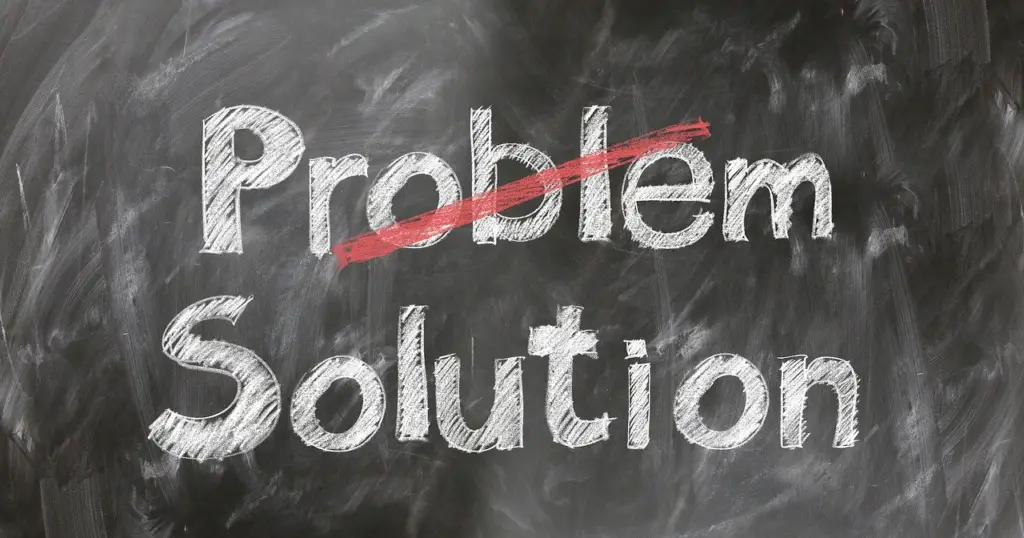
The world is currently embroiled in the midst of problems that will shape the future of both nations and the planet as a whole. On a more personal level, those of us just trying to get by having our own problems to deal with. How curious it is that we all know how important prevention is to avoid problems. Yet it escapes us. Why?
We cannot avoid what we don’t foresee. Therein lies the root of so many of the problems we now face. We have failed to foresee them coming. And because we have failed, we have not taken appropriate action to prevent them. We wait until the problems are on our doorstep before we even begin thinking about them. By then, it is too late.
From COVID-19 to political upheaval and economic malaise, most of our global problems are completely preventable. The same goes for the individual problems in our daily lives. Financial problems are largely preventable. So are marriage problems. Even many of the health issues we face could be prevented just by taking better care of ourselves.
- Learning from the Past
A very wise man once said that those who fail to learn from history are condemned to repeat it. The idea is routinely proved true on both a personal and corporate level. The thing so many fail to understand is that learning from the past is a safeguard for the future. We are supposed to learn from the mistakes of our predecessors so that we don’t make the same mistakes ourselves.
Unfortunately, learning from the past tends to be an uncomfortable experience. We do not like uncomfortable. So what do we do? We either ignore the past or we rewrite it to make it more palatable. That’s no way to learn. In fact, it is a guaranteed way to repeat the same mistakes over and over.
- Preparing for the Future
If we were learning from the past as we should, we would be on solid ground to prepare for the future. Yet preparation is something else we don’t do much of. We human beings have a tendency to live in the moment. We spend everything we earn – and more, in many cases – with the expectation that government retirement benefits will pay our bills in the future.
We fail to prepare for the fact that we will someday lose our health. We do not prepare for the inevitable death we will all face, leaving our loved ones to clean up the messes we leave behind. At the root of it all is a failure to foresee what the future holds.
It’s true that none of us are soothsayers or prophets. But it doesn’t take any supernatural power to foresee most of what eventually causes harm. We all know that death is inevitable, for example. We also know it could occur at any time. Putting off getting one’s life in order with the expectation that death is still decades off demonstrates a lack of foresight.
- Anticipating Potential Problems
The main point of this post is that we run into preventable problems because we fail to foresee them coming. If you haven’t picked up on it yet, the key to foresight is learning from the past and preparing for the future. Studying the past reveals most of the potential problems we could face in the future. Looking into the future forces us to find ways to prevent what may not be inevitable.
Take an industrial company that utilises dangerous chemicals to do what they do. There is plenty of history demonstrating the harm those chemicals could cause if they are not handled properly. Smart managers accept that if the risk of a certain hazard existed 20 years ago, it still exists today. But they don’t stop there.
They also prepare for the future by anticipating the possibility of that particular hazard occurring again. Their preparations could take on any number of forms, including signage, regular employee training, and obtaining chemical spill kits to be distributed around the building.
By foreseeing the harm that a chemical spill could cause, company management is motivated to take steps to prevent a large-scale disaster. But in the absence of looking at the past and planning for the future, it is likely that no such action would be taken.
- Living in Reality
Our global inability to foresee problems and avoid them can be simplified to a single concept: we are failing to live in reality. There are those individuals for whom learning from the past and preparing for the future are daily activities. But by and large, humanity lives in a here and now that largely ignores reality. That’s why we cannot foresee avoidable problems.
Is there a way out? Absolutely. It starts with being honest about the world around us. This is no utopia. Moreover, utopia is impossible to achieve. And until we are willing to accept that, we will continue ignoring the past and the future simultaneously. We will not foresee or avoid the problems that threaten our very future.










